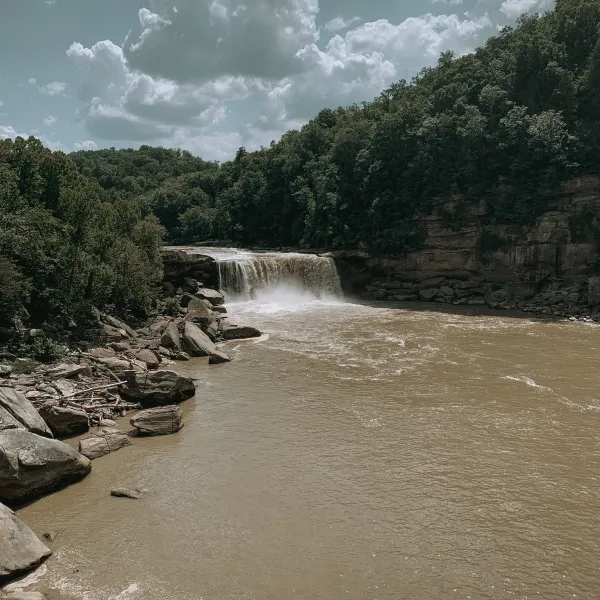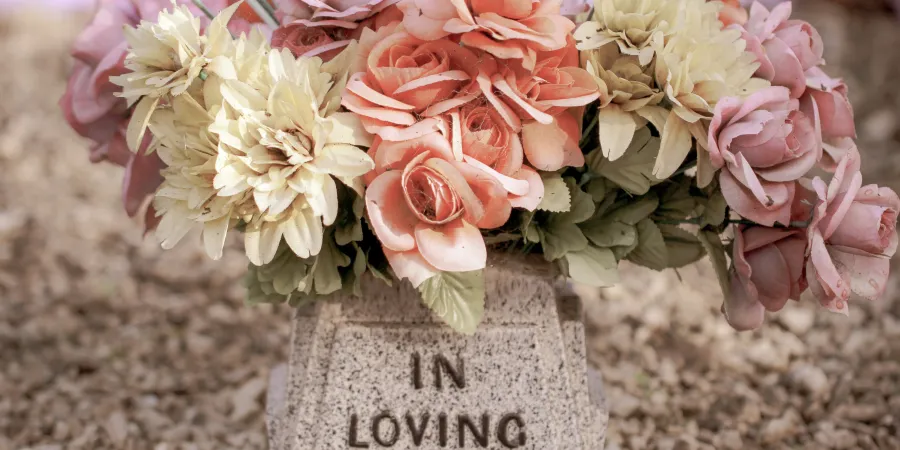An Overview of Kentucky Cremation Laws
Fortunately, cremation laws in Kentucky are relatively straightforward. They're also relatively unrestricted in most cases. The law says that cremated remains can be kept by anyone who is legally entitled to own them, such as the next of kin. Loved ones can also place them in a crypt, niche, or even buried in a casket in a grave, or can scatter them in a designated area like a cemetery scattering garden. Kentucky also states that it's permissible to scatter cremated remains on private property as long as the owner consents. You can keep or transport them any way you like in Kentucky with no reservation, though you must obtain a permit prior to cremation.
Besides these clear and permissive state rules, there are no state laws that go into effect when it comes to regulating what you can do with cremated remains. Instead, any other laws will be federal. Non-legally binding rules, such as the policies of specific cemeteries, are situational. Additionally, some religious faiths have specific rules regarding cremation, such as how the Catholic faith requires cremated remains to be kept in a "sacred space" such as a church cemetery.

Other Kentucky Cremation Laws
As demonstrated above, Kentucky cremation laws do not place many limitations on how you choose to scatter the remains of loved ones. Instead, federal laws are the ones that are applicable, but these laws are nationwide and not specifically related to Kentucky. The only local laws that may need to be observed are those for specific cities and counties if any, for seeking consent from private property owners, and for avoiding state-owned land.
As cremation has become more commonplace in Kentucky and around the country, there are many different cemeteries in the state that provide specific support for cremated remains. These cemeteries often have scattering gardens, which are expressly dedicated to the scattering of ashes above ground. Others still will help you organize the burial of cremated remains or the internment in a crypt, niche, or columbarium.
StoneMor, one of the best-known and most well-respected cemetery and funeral home providers in the Mid-Atlantic, operates hundreds of cemeteries in the United States. There are two StoneMor cemeteries in Kentucky - Forest Lawn Memorial park in Erlanger and Highland Memory Gardens in Mount Washington. For more information, you can speak with a memorial planning expert from one of these cemeteries today.
References:
Keene, V. A. (2019b, May 16). Burial & Cremation Laws in Kentucky. Www.Nolo.Com. https://www.nolo.com/legal-encyclopedia/burial-cremation-laws-kentucky.html
Learn More About Cremation

What is the Cremation Process?
Cremation is an increasingly popular form of memorialization. But many still would like to know more about the cremation process and how a body is cremated. Read on to learn about the process of cremating a body and why so many are choosing cremation these days.

The Benefits of Cremation Pre-planning
As we move through life, we learn about the different ways to protect our future. Retirement planning, health insurance, planning for a child’s education, or even saving up for the down-payment on a house are just some of the types of arrangements we make to ensure our needs and desires are met. Another type of planning that makes sense for families is cremation pre-planning.

Creative Ideas for What to Do with Cremated Remains
When it comes to honoring and commemorating those we've lost, there is truly no end of ways to do so. As cremation becomes an increasingly popular option for final arrangements, the possibilities for creativity have grown even further. There are many inventive ideas for what to do with cremated remains than simply placing them in an urn or spreading them somewhere in nature. Here are several creative things to do with cremated ashes.

